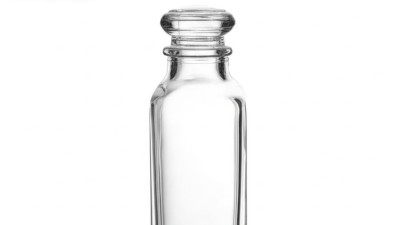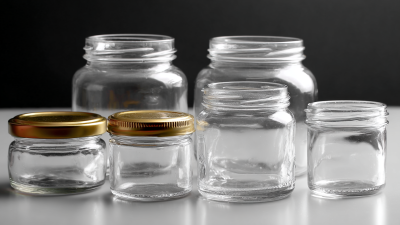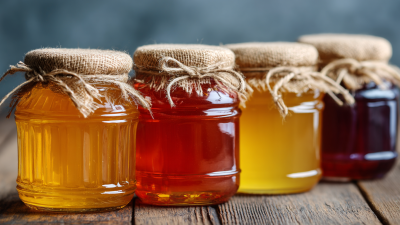
When it comes to selecting the ideal Leak-Proof Glass Seals for your specific requirements, understanding the available options and their features is essential. In today’s market, these seals play a crucial role in ensuring the longevity and functionality of glass containers, preventing leaks that could lead to messes and wasted contents. With a plethora of materials, designs, and sizes to choose from, the decision-making process can feel overwhelming.
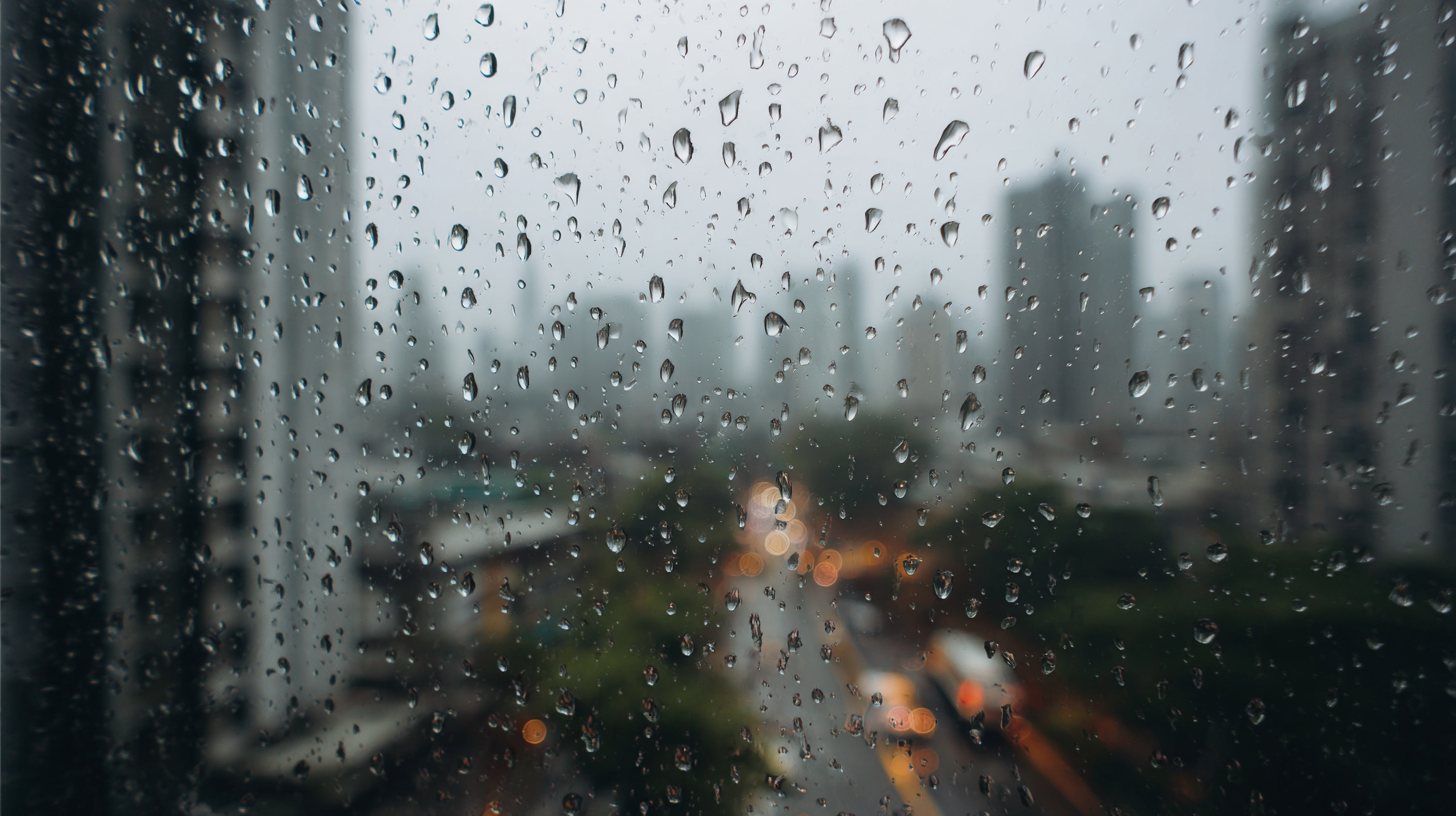
This guide will help you navigate through the intricacies of Leak-Proof Glass Seals, highlighting key factors to consider, such as compatibility with various glass types, durability, ease of installation, and maintenance. By the end of this article, you will be equipped with the knowledge needed to make an informed choice that meets both your practical needs and personal preferences, ensuring that your glass containers remain sealed and functional for years to come.
When selecting leak-proof glass seals, there are several crucial factors to consider that can enhance the integrity of your sealing solution. One of the primary elements is the material composition of the seal. Materials with high thermal stability and resistance to chemical degradation are preferable, as they ensure durability and maintain effectiveness under varying environmental conditions. Additionally, the design of the seal can affect its performance; seals that provide a tighter fit or those featuring advanced sealing technologies can help prevent leaks better than traditional options.
Tips: Always assess the specific requirements of your application. For instance, if you are dealing with food packaging, consider heat-sealed solutions designed to withstand the rigors of temperature changes and prevent contamination. Moreover, examine user reviews or conduct tests to observe how different seals perform under pressure and over time, as this can directly influence the seal's reliability.
Another important factor is the thickness of the seal. A thicker seal may offer better protection against leaks, especially when handling liquids or under pressure conditions. However, it is essential to strike a balance, as overly thick seals can impact the overall aesthetics and usability of your glass containers. Comparing various products and understanding their specifications will ultimately guide you in choosing the best leak-proof glass seals tailored to your unique needs.
When selecting leak-proof glass seals, understanding the various types available is crucial to meet specific application needs. Common materials include silicone, EPDM (ethylene propylene diene monomer), and PTFE (polytetrafluoroethylene). According to a report by Research and Markets, the demand for silicone seals in industrial applications has increased by 15% over the past five years, attributed to their excellent elasticity and resistance to extreme temperatures. Silicone seals provide a versatile solution for both low and high-pressure environments, making them ideal for food and beverage industries.
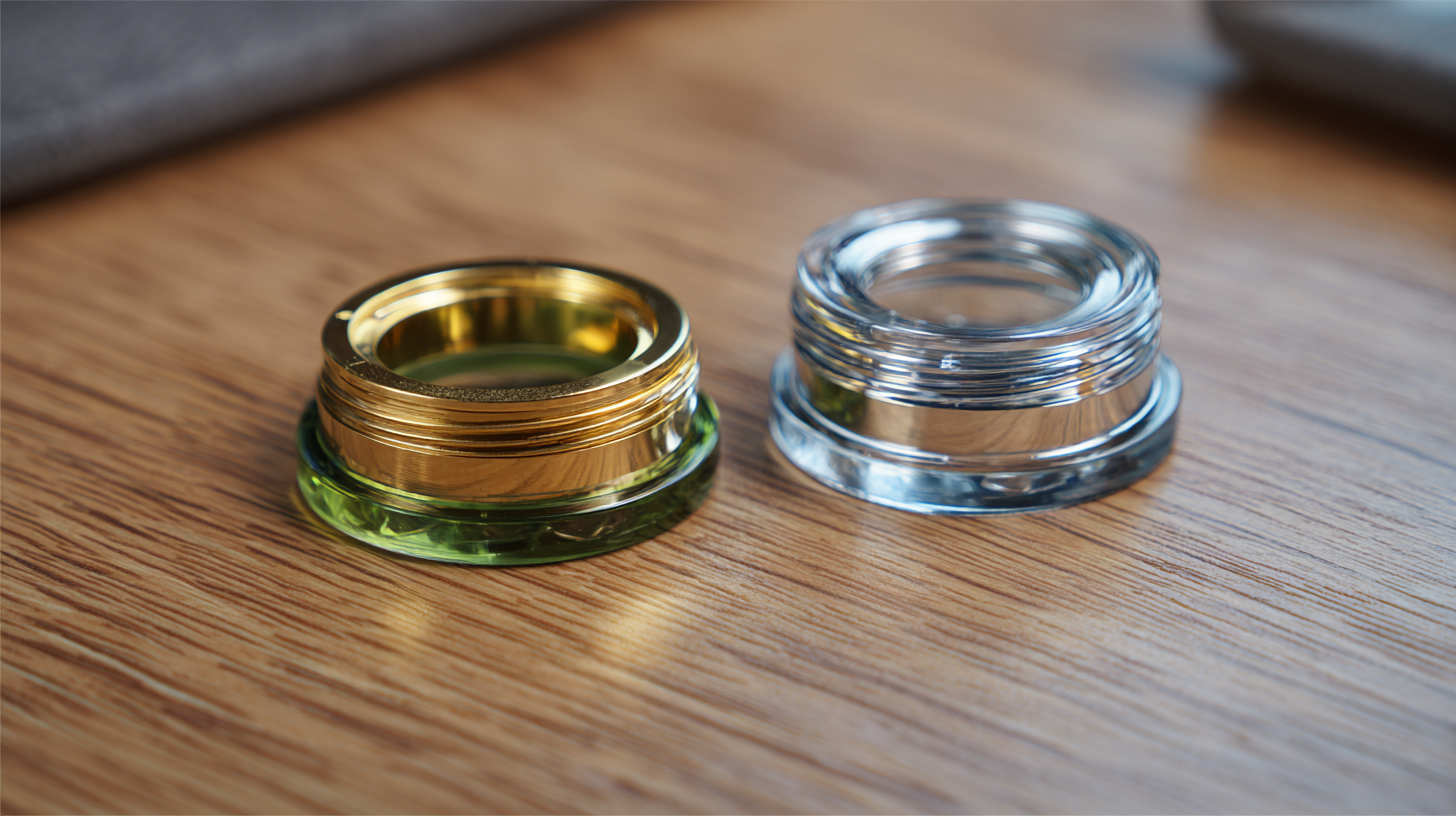
EPDM seals, on the other hand, are known for their exceptional durability and resistance to aging, UV radiation, and ozone exposure. They have been widely used in automotive and construction sectors. A market analysis by Smithers Pira notes that the automotive components market for EPDM is projected to reach $500 million by 2025, highlighting the material's growing significance due to its leakage prevention qualities. PTFE seals are also gaining popularity due to their high chemical resistance, especially in laboratory and pharmaceutical applications. Understanding these materials and their properties can guide you in selecting the best leak-proof glass seals for your specific needs.
When selecting leak-proof glass seals, evaluating the durability of materials is paramount. High-quality seals are often made from silicone, rubber, or polyethylene, each offering unique properties. Silicone seals, for instance, are renowned for their flexibility and long-lasting performance, making them ideal for a variety of environments. Their resistance to wear and tear ensures that they maintain an effective barrier against leaks over extended use. On the other hand, rubber seals provide superior elasticity, which can accommodate slight variations in glass thickness, enhancing their overall effectiveness.
Temperature resistance is equally crucial when choosing the right seal for your needs. Different applications require seals that can withstand specific temperature ranges. Silicone seals typically excel in high-temperature conditions, remaining stable even in environments exceeding 200°C (392°F). Conversely, polyethylene seals are more suited to moderate temperatures, making them a better choice for standard household applications. Assessing both material durability and temperature resilience will guide you in selecting the best leak-proof glass seals that align perfectly with your requirements, ultimately ensuring a reliable and effective solution to prevent leaks.
When selecting leak-proof glass seals, it's essential to consider both installation and maintenance for optimal performance. Proper installation of glass seals is crucial to their effectiveness. Start by ensuring that the glass surfaces are clean and dry, as any debris or moisture can interfere with adhesion. Use a high-quality sealant recommended for your specific type of glass to create a tight seal. Additionally, ensure that the glass is correctly positioned to avoid stress points that can lead to leaks over time.
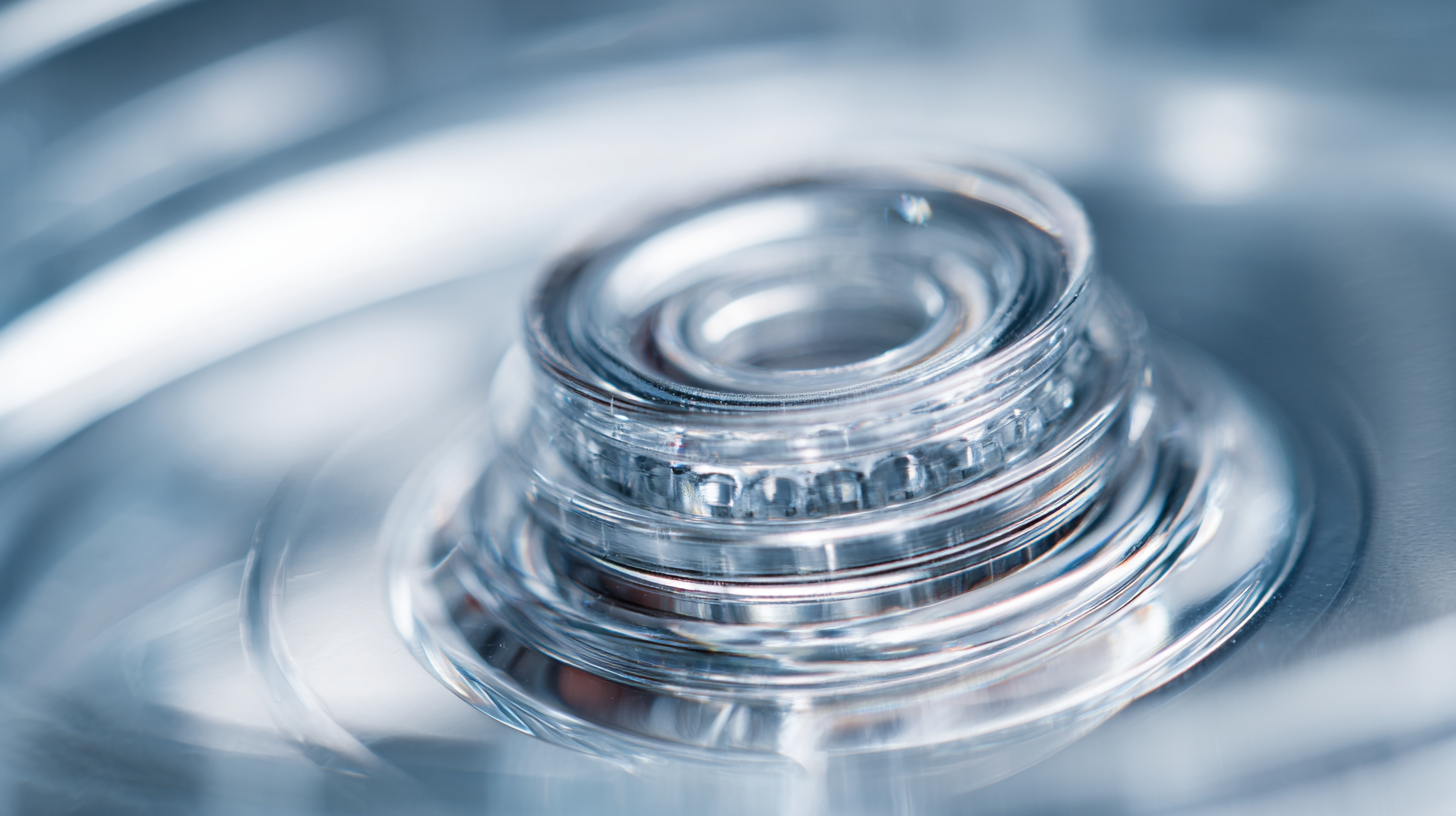
Maintenance of glass seals is just as important as installation. Regularly inspect the seals for any signs of wear or damage, such as cracks or discoloration. If you notice any issues, address them promptly to prevent further deterioration. It's also wise to clean the seals periodically with a gentle, non-abrasive cleaner to avoid any buildup that could compromise the integrity of the seal. By following these tips, you can prolong the lifespan of your glass seals and maintain their leak-proof qualities effectively.
Leak-proof glass seals are essential in various applications where containment and safety are paramount. In the laboratory setting, these seals play a crucial role in preventing the escape of hazardous chemicals, ensuring safe storage and handling. Their ability to create airtight and watertight barriers is vital for experiments that require precise measurements and controlled environments. Furthermore, in pharmaceutical manufacturing, leak-proof seals help maintain sterile conditions, protecting sensitive compounds from contamination and ensuring product integrity.
In the food and beverage industry, leak-proof glass seals contribute to maintaining freshness and quality in packaging. Sealed glass containers prevent air and moisture from compromising the products, allowing consumers to enjoy longer shelf life. Additionally, in home applications, such as kitchen storage or decorative jars, these seals ensure that contents remain safely stored and retain their flavor and aroma. Whether in industrial or domestic settings, understanding the specific requirements of leak-proof glass seals is key to selecting the right solutions for diverse needs.
| Application | Seal Material | Temperature Resistance | Pressure Rating | Common Usage |
|---|---|---|---|---|
| Laboratory Equipment | Silicone | -60°C to 200°C | 1.5 bar | Chemical analysis, sample containment |
| Beverage Industry | EPDM | -40°C to 120°C | 2 bar | Bottling and storage containers |
| Food Packaging | PVC | -20°C to 70°C | 1 bar | Sealing jars, vacuum packaging |
| Pharmaceuticals | Fluoroelastomer | -20°C to 250°C | 3 bar | Vial sealing, sterile environments |
| Construction | Teflon | -200°C to 260°C | 5 bar | Sealing glass in frames, windows |
